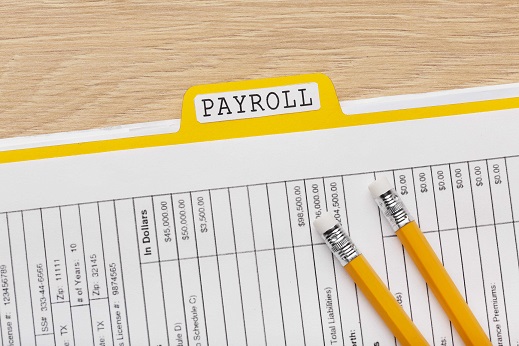Tax Deductions : Home Office on Stubs
Why Home Office Tax Deductions on Pay Stubs Are Important
Including home office tax deductions on pay stubs benefits both employees and employers in several ways. Employees can clearly see which expenses are being deducted, helping them plan taxes and manage finances better. Employers, on the other hand, maintain transparency and compliance, reducing the risk of audits or disputes. Some key benefits include:
- Compliance: Ensures deductions meet IRS and local tax regulations. Learn more at IRS.gov.
- Transparency: Employees clearly see deductions related to home office expenses.
- Accurate Payroll Records: Maintains precise documentation for audits and tax reporting.
- Tax Preparation: Simplifies year-end filings with detailed deduction records.
- Audit Readiness: Properly documented pay stubs support deductions if reviewed by tax authorities.
Step-by-Step Guide to Applying Home Office Tax Deductions on Pay Stubs
- Identify Eligible Expenses: Expenses such as rent or mortgage, utilities (electricity, water, internet), office furniture, equipment, and work-related software subscriptions qualify.
- Calculate the Deduction Amount: Measure the percentage of your home used for business purposes to ensure accurate deductions. See official guidance at IRS Home Office Deduction Instructions.
- Integrate Deductions into Pay Stubs: Use tools such as Pay Stub Generator to add deductions, labeling them clearly as home office expenses.
- Maintain Supporting Documentation: Keep receipts, invoices, and bills to support deductions in case of audits.
- Automate Recurring Deductions: Services like Regular Pay Stub can automate recurring home office deductions, reducing manual errors and ensuring consistency.
- Review for Compliance Regularly: Update deductions according to changing tax laws. For tips, see IRS Home Office Tax Tips.
- Educate Employees: Provide guidance on how deductions are calculated and why they appear on pay stubs to reduce confusion.
Best Practices for Home Office Tax Deductions on Pay Stubs
- Use standardized pay stub templates for consistent formatting.
- Clearly separate home office deductions from other payroll items.
- Leverage payroll software to automate calculations and prevent errors.
- Maintain detailed records for verification during audits or employee queries.
- Regularly review deductions to ensure they match actual expenses.
Common Challenges and How to Overcome Them
- Calculation Complexity: Determining the correct percentage of home space may be tricky; use consistent methods.
- Tax Compliance: Always follow IRS and local tax regulations to avoid penalties.
- Record Keeping: Keep receipts, bills, and invoices for verification.
- Employee Awareness: Educate employees to understand deductions properly and reduce confusion.
Advanced Tips for Optimizing Home Office Tax Deductions
- Review deductions quarterly to adjust for changes in usage or expenses.
- Integrate HR software for real-time deduction updates.
- Use analytics to monitor patterns and ensure consistent application.
- Provide employees with digital access to pay stubs for transparency.
- Automate reporting to simplify year-end tax filings.
- Combine with other payroll benefits to maximize tax efficiency.
Conclusion
Including home office tax deductions on pay stubs ensures accurate payroll, simplifies tax compliance, and improves transparency for employees. Leveraging tools like Pay Stub Generator and Regular Pay Stub helps businesses automate deductions efficiently. Properly documented pay stubs support employees in claiming legitimate deductions and enhance overall company professionalism. For detailed IRS guidance, visit IRS Home Office Deduction Page.Including home office tax deductions on pay stubs ensures accurate payroll, simplifies tax compliance, and improves transparency for employees. Leveraging tools like Pay Stub Generator and Regular Pay Stub helps businesses automate deductions efficiently. Properly documented pay stubs support employees in claiming legitimate deductions and enhance overall company professionalism. For detailed IRS guidance, visit IRS Home Office Deduction Page.

